If you would have told undergraduate Zach that in 5 years he would be developing a field he never knew existed – he would have laughed at his unforeseeable future! Like many people, Zach’s career trajectory was not one defining moment where he knew what he wanted to do for the rest of his life. Instead, his path consisted of a series of small steps leading him towards his present research in computational biology.
Zach’s experience is not uncommon as this is how most professionals will report their career development – a series of exploring, welcoming opportunities, paying attention to clues, and taking action. Read Zach’s career story and see if you can identify the clues and experiences that played important roles in his evolving career course. What are some clues that you can spot in your own career development? After recognizing these clues in your own life, what actions can you take to further explore these possibilities?
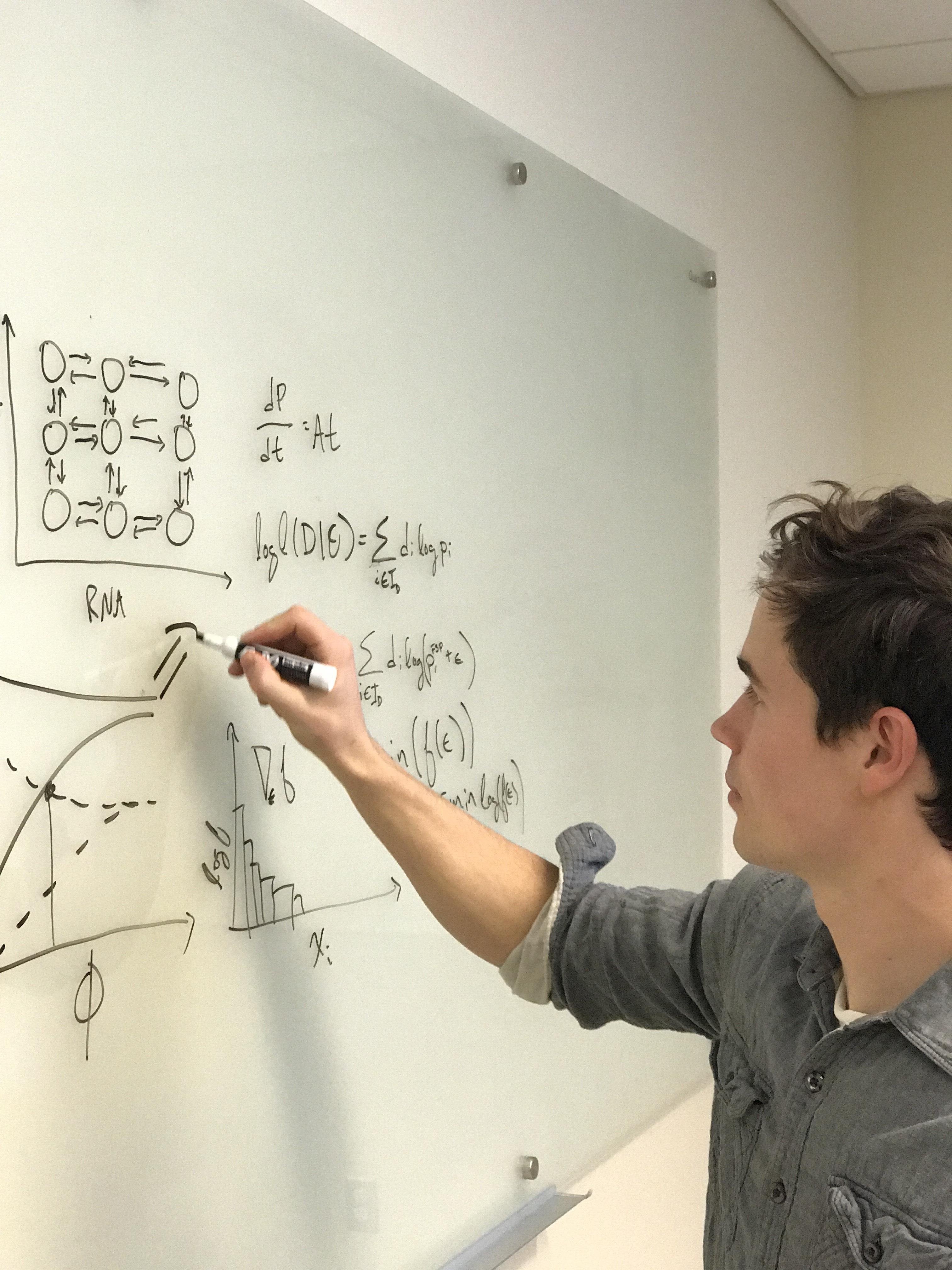
Year in present degree: 3rd year in CSU’s Biomedical Engineering Program
Your previous degrees, majors, & schools: I have a bachelor’s degree in biomedical engineering from the University of Delaware.
- What shaped your interest in your present research agenda?
As an undergraduate at the University of Delaware, I thought I wanted to have a career in medicine. However, I found that I was really missing out on technical aspects found in engineering and moved from a degree in Biology to Biomedical Engineering. As an undergraduate I attended a lecture about using the engineering discipline of control theory to model persistence of HIV despite drug treatment. This lead me into undergraduate research in mathematical biology, where I investigated possible mechanisms for HIV persistence at the single-cell level. From this experience I found that I really loved programming computers, and wanted my PhD to have more emphasis on computational work. This lead me to Dr. Brian Munsky’s group at Colorado State University. Thus far, my PhD work has been all about building new tools to analyze biological systems in which apparent randomness, or stochasticity, in complex biological systems can be leveraged to build better models, quantify their uncertainty, and design better experiments. I work closely with experimentalists collecting state-of-the-art data that quantify biological processes with single-cell and single-molecule precision. This research will help us to gain a predictive understanding of biological mechanisms such as transcription and translation.
- What advice do you have for high school and undergraduate students about entering this field/area of research?
I have two pieces of advice. First, don’t be afraid to adapt and keep an open mind to different opportunities. My own path to computational biology really started while watching lecture about a field I wasn’t even aware of. Second, enjoy what you do and who you work with. Getting a graduate degree is a lot of work. If you enjoy what you do, it will make the work feel exciting and will give you the motivation to push through when you get stuck on a particular problem.
- What helps an individual be successful in this field?
Technical knowledge in your field is important, but is often less important than showing a willingness to work hard, be an independent thinker and problem solver, and work well with others. Another important skill is the ability to communicate your science to others verbally or graphically in a way that makes it accessible to a variety of audiences.
Stemcareer.com includes these interviews as part of the GAUSSI Career Planning program under the direction of Rich Feller PhD, Professor of Counseling and Career Development, Colorado State University.



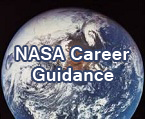

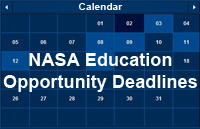
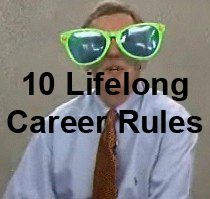
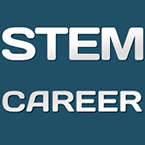
Comments are closed.